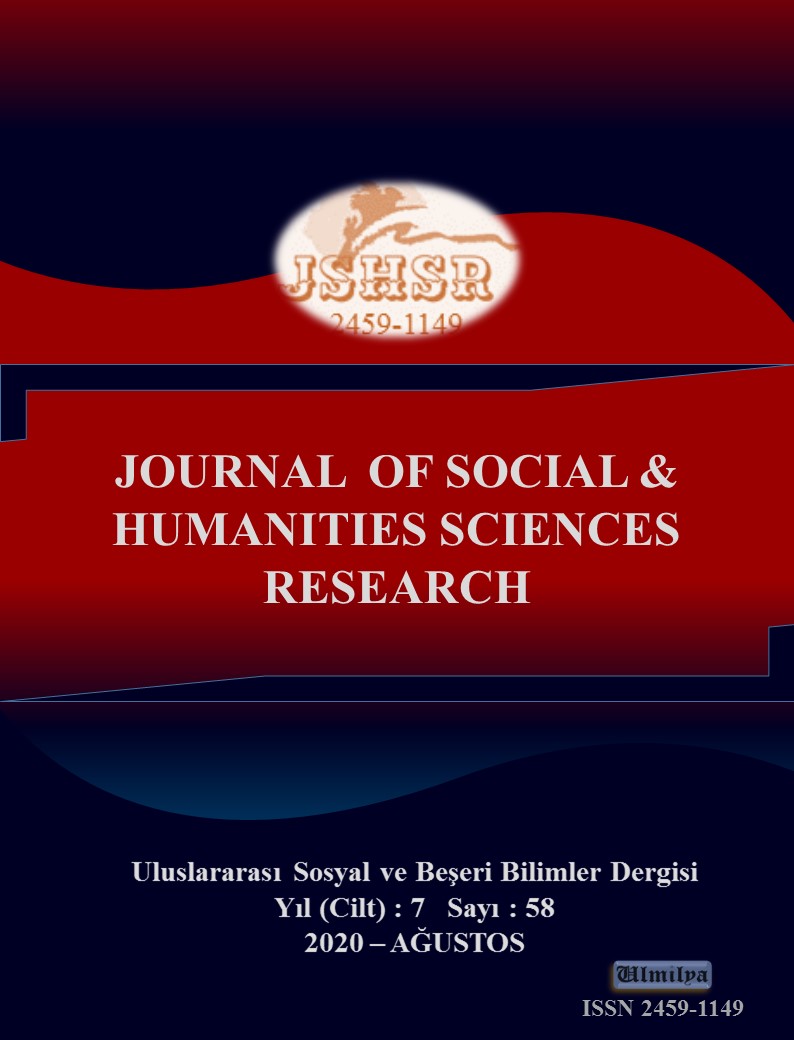ECONOMIC REFLECTIONS OF FOURTH INDUSTRIAL REVOLUTION (INDUSTRY 4.0) ON TURKEY AND THE WORLD
DOI:
https://doi.org/10.26450/jshsr.1982Keywords:
Industry 4.0, Smart Robots, DigitalizationAbstract
The aim of this study is to examine the components of Industry 4.0 and their effects on the economy, and the current situation of countries' adaptation to the Industry 4.0 process. Industry 4.0 has brought about with unprecedented speed many transformations in both social and economic entities. Especially the use of Industry 4.0 technologies in industries has caused radical innovations in production processes. Using technologies such as; Internet of Things, cloud technologies, cybersecurity, mass data and smart robots have increased production quality, efficiency and speed. The founding principle behind Industry 4.0 lies in making all technologies a part of the industry, in other words, to change all industries into a smart factory. In smart factories, since production is based on machine-machine and human-machine communication, human-made mistakes are prevented. From the acquisition of raw materials to inventory management, from supply chains to product marketing the transforming manufacturing industry will be most affected by and also lead digitalization. In previous Industrial Revolutions, the inventions first appearing in the manufacturing industry effected all of the economies causing the birth of new social, political and legal systems. The difference between previous Industrial Revolutions and Industry 4.0 is that the developmental process is much faster and the dynamics effect all areas simultaneously. For countries, Industry 4.0 technologies are seen as an opportunity to increase their global market share or competitive powers by propagating its use in every part of the economy. For this reason, many countries have determined and started to apply new industrial strategies. In this study, the situation of Industry 4.0 applications of China, South Korea, Japan, Germany, USA, Holland and Turkey have been analysed. Though Turkey has increased its advancement in the years chosen for this study, it has been found to be lacking compared to the stated countries. If Turkey can continue to develop and apply economic strategies geared towards all parts of society it can adapt to the Industry 4.0 process, thus increase its global competitive power.
Downloads
Published
How to Cite
Issue
Section
License
Copyright (c) 2020 INTERNATIONAL JOURNAL OF SOCIAL HUMANITIES SCIENCES RESEARCH

This work is licensed under a Creative Commons Attribution 4.0 International License.


